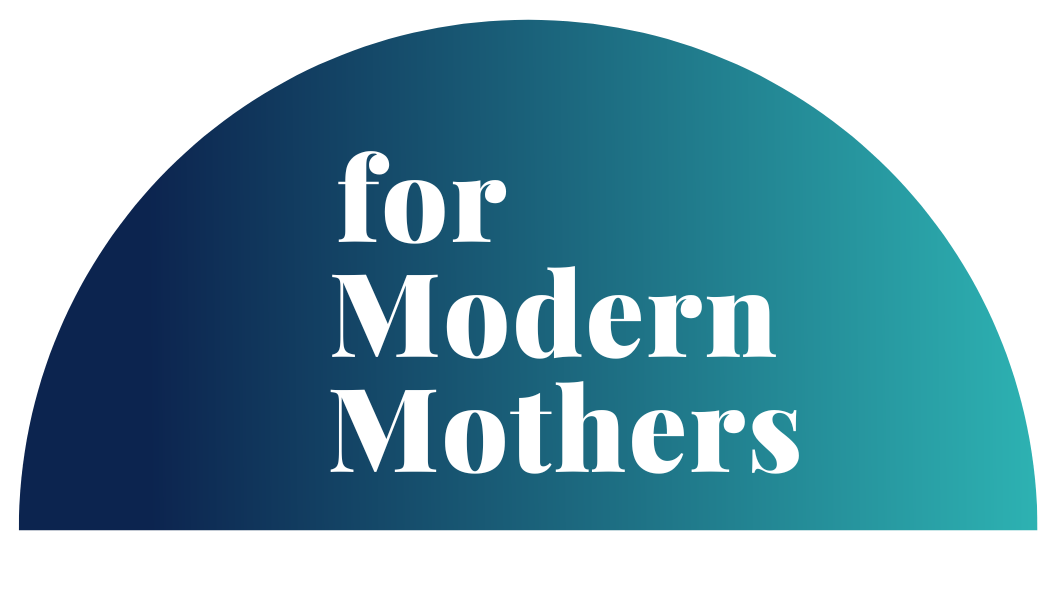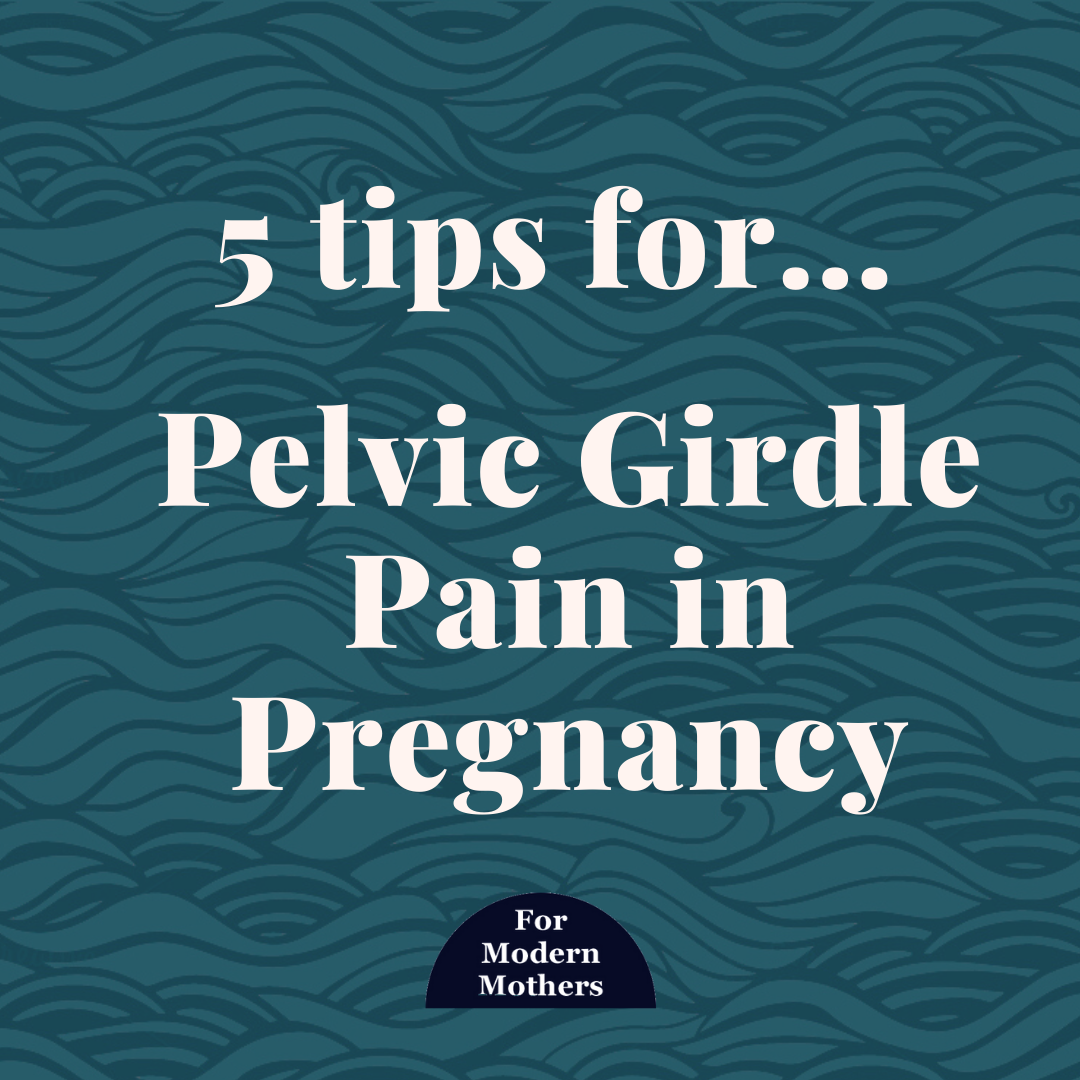5 Tips For Pelvic Girdle Pain In Pregnancy
About Pelvic Girdle Pain in Pregnancy
Some folk develop pelvic pain in pregnancy, known as pregnancy-related pelvic girdle pain (PGP). It's actually really quite common, and can affect you to different degrees - some women suffer more severely than others.
PGP is not harmful to your baby, but it can be really uncomfortable, painful and make it difficult for you to move around, to sleep and get on with life in general.
You may experience pain at the centre-front of your pelvis, or at the back of your pelvis and the SI joints (either one or both sides of the lower back), or in your thighs or pelvic floor.
Here's 5 top tips for pelvic girdle pain in pregnancy:
1) Move your body
Practicing gentle movement such as pelvic tilts can be really helpful. You can do this on all fours using 'cat-cow' movement, or you can do the same movement sitting on an exercise ball. Also circling and swaying the hips can ease out your body. Go gently and be led by your body and what feels good.
In fact getting an exercise ball is a great idea, it helps you keep your pelvis easily moving when sitting. Use one instead of a chair when working at a desk for example.
2) Stop Crossing Your Legs
Some folk (me included) can have a tendency to cross our legs when we sit. But this takes out pelvis out of balance, and can make PGP worse.
So think about sitting with both feet on the floor, your knees at least hip-width apart, with equal weight on both of your sitting bones.
An exercise ball will really help you to do this actually - another great reason to use one!
3) Kindness and Rest
Spend some time relaxing your body and releasing held tension can help. So you could take a soothing and relaxing bath, the support of the water can feel lovely. Or getting a lovely pregnancy massage can also be really beneficial in helping you feel more comfortable, as well as a lovely treat too.
4) Take a pregnancy specific yoga class
Getting your body and your pelvis, back and thighs fluidly and gently moving with a pregnancy-specific yoga class can help. It will also help give you time to relax too, and connect you with other pregnant women and have a feeling of being less alone with some of the trickier parts of pregnancy.
5) See a specialist women’s health physio
Getting the help and support you need is really important, and a specialist womens health physiotherapist can help you hugely with personalised hands-on support and exercises. It can make a massive difference.
Often people don't know these amazing professionals exist. They do, and can help you hugely. Ask you midwife or GP to refer you to one within the NHS (the sooner the better) or find a private practice one yourself. Ask friends for recommendation to a private physio who may see you sooner. I can recommend Emma Tailby if you are in and around the York area - https://www.emmaclairephysiotherapy.co.uk/
I hope that’s helpful. I always think that knowing you’re not alone and having some positive things to do to help support yourself is really important. Please do not suffer in pain and discomfort, help and support is available for you
Susan x

